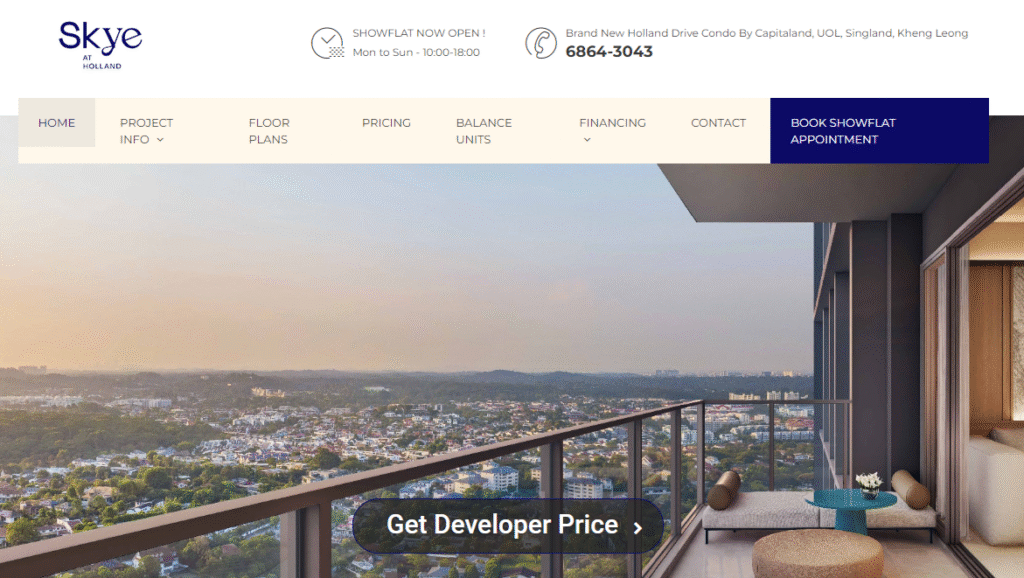As we traverse through the 21st century, the future of work is an ever-evolving topic that captivates the imagination of professionals, economists, and thinkers alike. With rapid technological advancements and a dynamic economic environment, understanding the evolving economic landscape becomes imperative. The confluence of these factors not only reshapes how we work but also redefines the essence of employment itself.
The Rise of Remote Work
One of the most palpable shifts in the workforce trends and changes is the meteoric rise of remote work. The recent global pandemic accelerated this transition, forcing many organizations to embrace a virtual working model. While remote work was gaining traction prior to 2020, the subsequent mass adoption has forever altered the fabric of the workplace.
Employers and employees have discovered the benefits of flexibility and productivity that remote work offers. However, this shift is not merely a response to a crisis; it signifies a fundamental change in employee expectations. Workers today prioritize work-life balance and seek employers who value autonomy and adaptability. Thus, businesses must rethink their engagement strategies to retain top talent.
Technological Integration
The impact of the economy on employment is closely intertwined with technological advancements. Innovations such as artificial intelligence (AI), machine learning, and automation are revolutionizing industries. Tasks once performed by humans are increasingly being handled by machines, leading to both opportunities and challenges.
For example, while automation can enhance efficiency and reduce operational costs, it also raises concerns about job displacement. Certain roles may become obsolete, but new positions requiring different skill sets will emerge. As companies adapt to these changes, continuous learning and reskilling become vital components of a successful workforce strategy.
Employers are encouraged to invest in training programs that empower their employees to embrace new technologies. This proactive approach not only mitigates the potential negative impact of automation but also fosters a culture of innovation and adaptability.
The Gig Economy
In parallel with traditional employment, the gig economy has surged, characterized by short-term contracts and freelance work. This model offers workers the flexibility to choose projects that align with their skills and interests, catering to the desires of a generation that values independence.
However, this shift presents challenges, particularly concerning job security and benefits. Many gig workers often lack access to healthcare, retirement plans, and other essential benefits that traditional employees receive. As the evolving economic landscape continues to shape the workforce, the need for legislative reforms that address these disparities becomes increasingly urgent.
Policymakers and organizations must collaborate to create frameworks that support gig workers, ensuring they receive adequate protections without stifling the innovative spirit of the gig economy.
Emphasis on Soft Skills
As industries become more automated and technologically driven, the demand for soft skills is rising. Attributes such as emotional intelligence, creativity, and critical thinking are gaining prominence. These skills cannot be easily replicated by machines and are essential for collaboration and problem-solving in a diverse workforce.
Companies must focus on cultivating these competencies through targeted training and development programs. Encouraging a culture of open communication, teamwork, and empathy will not only enhance individual performance but also contribute to a more cohesive organizational culture.
Moreover, educational institutions play a crucial role in preparing future generations for the future of work. By integrating soft skills training into curricula, students will be better equipped to navigate the complexities of a changing economic landscape.
Sustainability and Corporate Responsibility
The impact of economy on employment extends beyond job creation and economic growth; it also encompasses sustainability and corporate responsibility. As consumers become more environmentally conscious, businesses are under increasing pressure to adopt sustainable practices. This shift influences hiring decisions and workforce dynamics.
Organizations that prioritize sustainability attract talent who share their values. Employees today want to contribute to meaningful causes and work for companies that demonstrate social responsibility. Consequently, businesses must align their corporate strategies with sustainability goals to remain competitive in the marketplace.
Implementing green initiatives not only enhances a company’s reputation but also fosters employee engagement. A workforce motivated by shared values is more likely to be productive and loyal.
Conclusion
The future of work in a changing economic landscape is multifaceted and dynamic. As remote work becomes a norm, technology reshapes industries, and the gig economy flourishes, understanding these workforce trends and changes is essential. Companies and policymakers must work collaboratively to create an environment that supports workers in this new reality.
Embracing flexibility, investing in continuous learning, emphasizing soft skills, and prioritizing sustainability are key to thriving in this new economic landscape. By adapting to these trends, organizations can cultivate resilient and engaged workforces, ensuring a prosperous future for both employees and businesses alike. The journey ahead is filled with possibilities, and with proactive measures, we can navigate this transformative era with confidence and optimism.



